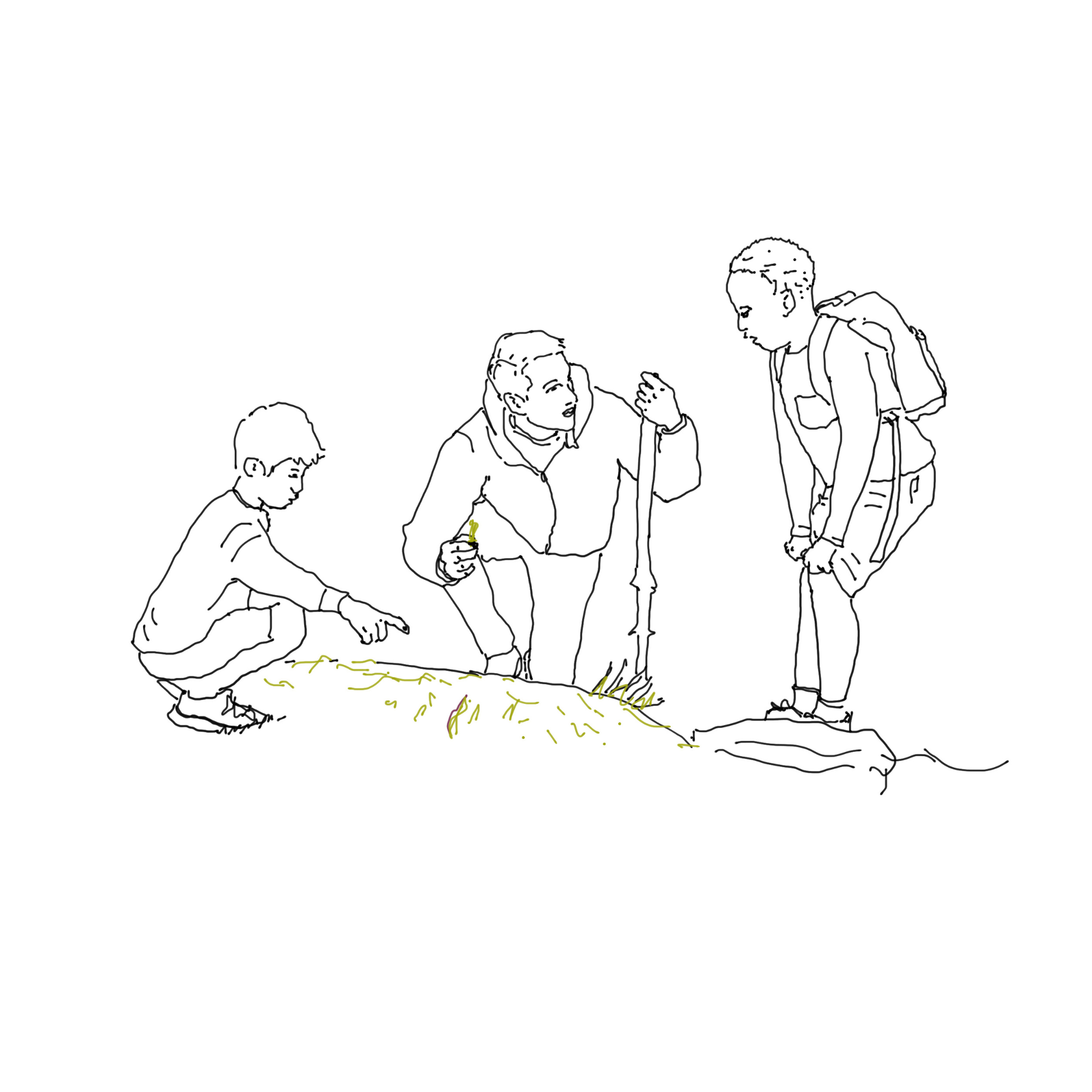
Play as a Practice of Freedom
A critical playful pedagogue doesn’t just observe play; they enter it. They ask questions. They model new possibilities. They co-construct narratives that humanize rather than dehumanize. This is not about policing play, but about engaging with it as a meaningful site of inquiry, empathy, and justice.
“The more the people become themselves, the better the democracy.”
—Glass, 2001
What if play is not just a childhood pastime, but a profound act of political and personal liberation? What if the sandbox and the forest are as important to democracy as the ballot box?
Rooted in critical pedagogy, play-based learning offers a powerful framework for rethinking education as a liberatory act. Critical pedagogy—the practice of critical theory in education—challenges traditional schooling models and seeks to create classrooms where social justice, mutual respect, and transformation are central. As Breunig (2016) explains, it asks educators and learners to reconsider how knowledge is produced, how classrooms are structured, and how schools relate to broader systems of power.
One of the foundational thinkers in this space, Paulo Freire (1970), rejected the “banking model” of education, where knowledge is simply deposited into passive students. Instead, he emphasized praxis—a blend of action and reflection—as the heart of learning. Education, he argued, must be dialogical, participatory, and rooted in real-world experiences. When students and teachers engage as co-creators of knowledge, education becomes what Freire called a “practice of freedom.”
This notion of freedom is not abstract—it is deeply tied to power, identity, and community. Glass (2001) extends Freire’s ideas by asserting that liberatory education must honor the everyday language and lives of learners. It must be intentional, inclusive, and oriented toward transformation. “Freedom is not a given,” Glass reminds us, “but is always precarious and must be achieved” (p. 16). And here is where play enters the conversation.
Play is often underestimated in educational theory, especially within formal school systems. But when viewed through the lens of critical theory, play becomes a site of liberation. Outdoor, play-based learning removes the literal and metaphorical walls of the classroom, creating a space where agency, creativity, and power-sharing can flourish. Hunsinger (2021) writes that “play is inherently a realm of liberatory escape. It allows us to transgress rules by reimagining the world differently” (pp. 87–88). In this light, play is more than fun—it is resistance.
Children naturally use imaginative play to process and make sense of the world. According to Shuffleton (2012), this form of play can help children resolve conflicts or cope with traumatic experiences. From children in war zones reenacting battles, to enslaved children using play to navigate the horrors of slavery, the act of playing becomes a way of surviving and asserting humanity.
But play also reflects the social and political structures children live within. It can reveal deep-seated biases and systemic inequalities. As Derman-Sparks and the A.B.C. Task Force (1989) show through troubling examples, children can internalize and reenact racist or ableist assumptions in their games. A 3-year-old excludes a peer who uses a wheelchair. A toddler refuses to hold hands with a Black classmate, declaring their skin “dirty.” These are not just isolated moments—they are reflections of a “hidden curriculum” that children absorb from the world around them.
This is why educator intentionality is crucial. A critical playful pedagogue doesn’t just observe play; they enter it. They ask questions. They model new possibilities. They co-construct narratives that humanize rather than dehumanize. This is not about policing play, but about engaging with it as a meaningful site of inquiry, empathy, and justice.
In practice, this might look like moving chairs into a circle, inviting students to help design classroom norms, or choosing materials that reflect diverse perspectives. It means recognizing that every child brings a worldview shaped by culture, power, and experience—and honoring that through dialogical, inclusive learning environments.
Ultimately, play is not separate from education—it is education. And when it is guided by principles of critical pedagogy, it becomes a deeply democratic act. It’s how young people learn not only about the world, but how to change it.
So when we talk about play as a practice of freedom, we are talking about more than just recess or fun. We are talking about cultivating the conditions for children to become themselves—and in doing so, to become agents of a more just world.
Vote. Play.
Original Artwork (copyright) by Todd Allan Stewart.
Original Source: Power, M. (2024). Playing with Play: Considerations for Embedding Outdoor Play-Based Learning into the Early Years. Trent University.
References:
Breunig, M. (2016). Turning Experiential Education and Critical Pedagogy Theory into Praxis. The Journal of Experiential Education, 28(2), 106–122. https://doi.org/10.1177/105382590502800205
Derman-Sparks, L., & A.B.C. Task Force. (1989). Anti-bias curriculum: Tools for empowering young children. Washington, DC: National Association for the Education of Young Children. https://www.teachingforchange.org/wp- content/uploads/2012/08/ec_antibiascurriculum_english.pdf
Glass, R. D. (2001). On Paulo Freire’s Philosophy of Praxis and the Foundations of Liberation Education. Educational researcher, 30(2), 15–25.
Hunsinger, Jeremy. (2021). Toward a critical theory of playful research in the internet age exploring playful research in Second Life, Minecraft, and Hackerspaces/Makerspaces. The Journal of Play in Adulthood. 3. 10.5920/jpa.868.
Shuffelton, A. B. (2012). Rousseau’s imaginary friend: Childhood, play, and suspicion of the imagination in Emile. Educational theory, 62(3), 305–321. Oxford, UK: Blackwell Publishing Ltd.



0 comments